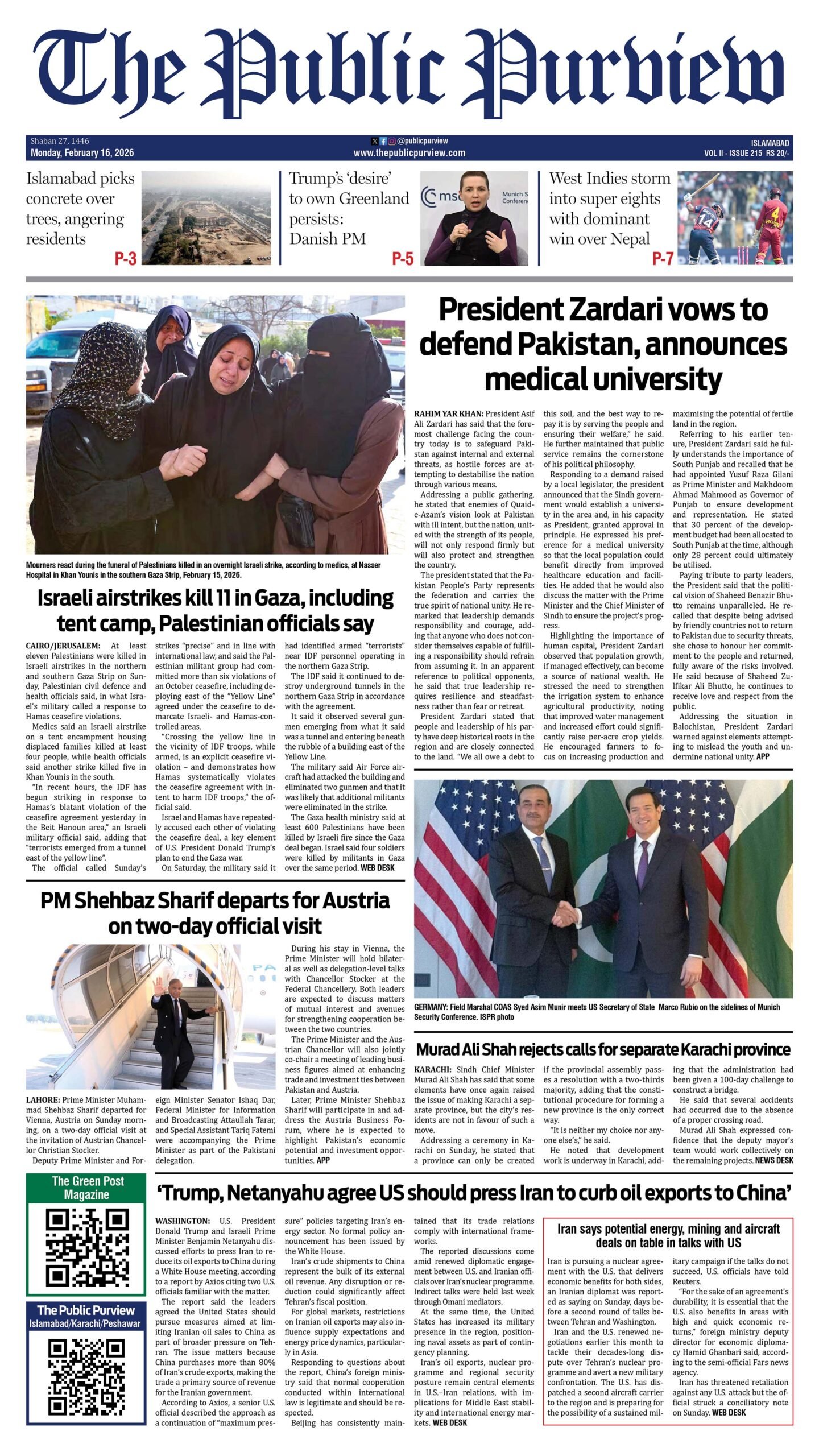On January 19, the law banning TikTok was enforced across the United States after the company failed to sell its American operations. The ban was imposed one day before President Donald Trump’s inauguration.
Following the implementation of the law, both Apple and Google removed TikTok from their app stores, blocking new downloads. Oracle, the company hosting TikTok’s servers in the U.S., has also been legally held accountable for the enforcement of this ban.
Before the ban, TikTok fought a legal battle for several months, but courts rejected its plea to block the law’s implementation. Users who had TikTok installed on their phones saw a pop-up message stating, “The law enforcing the TikTok ban has been implemented in the U.S., meaning you can no longer use TikTok.”
The message mentioned a hopeful remark from President Trump, suggesting that after taking office, he might work with TikTok to restore the app. The message encouraged users to wait, as President Trump hinted that he might grant TikTok another 90 days to operate.
During an interview on January 18, Trump revealed he was considering allowing TikTok to operate for 90 more days, potentially extending the app’s lifespan until January 20, the day of his inauguration.
TikTok’s CEO, Show Chew, is expected to attend Trump’s inauguration.
On January 17, the U.S. Supreme Court also rejected TikTok’s request to overturn the ban, upholding the law. The Biden administration defended the law in court, citing concerns that TikTok collects extensive data on U.S. users, which could be accessed by the Chinese government. Authorities argued that the Chinese government could potentially use the app’s algorithm for its interests.
However, the U.S. has yet to present evidence proving that TikTok shares users’ data with Chinese authorities or that its algorithm is being used for Chinese interests. TikTok’s parent company, ByteDance, has denied all allegations and refused to sell its U.S. operations.







 Today's E-Paper
Today's E-Paper